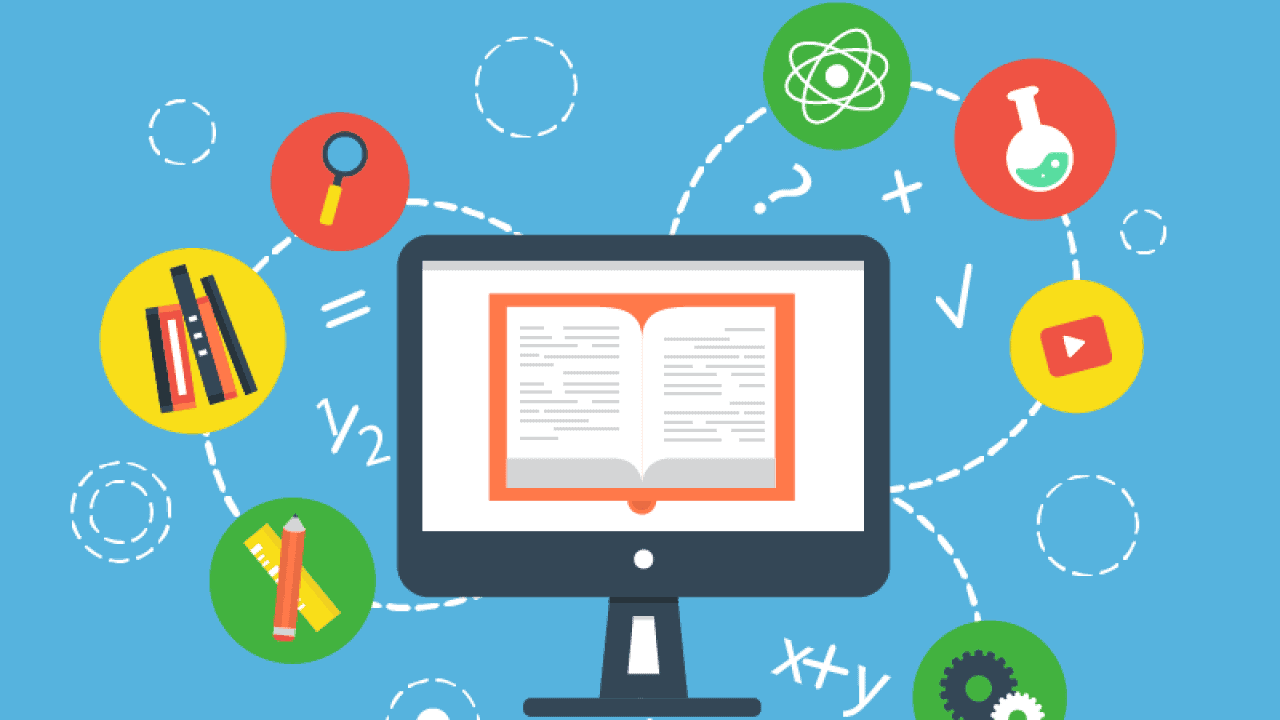Top Educational Websites for Kids: A Parent’s Guide to Learning Fun!
Hello to all the amazing parents out there! Are you on the hunt for educational websites that are not only fun but also enhance your little one’s learning journey? Well, guess what? You’ve just hit the jackpot! We have scoured the internet and compiled a go-to list of fantastic educational websites for kids that will transform screen time into an interactive and productive experience. So, buckle up and get ready to dive into the wonderful world of online learning!
Why Choose Educational Websites for Your Child?
Before we jump into the list, let’s talk about the ‘why’. In today’s tech-savvy world, screens are ubiquitous, and while they come with their challenges, they also offer unprecedented opportunities for education. These websites provide a plethora of benefits such as:
- Boosting cognitive skills through fun and interactive games.
- Enhancing problem-solving abilities and creative thinking.
- Allowing learning at their own pace, accommodating different learning styles.
- Engaging content that can make even the most challenging subjects enjoyable.
The Best Educational Websites for Various Age Groups
With the vast sea of options available online, it’s crucial to find age-appropriate websites that align with your child’s interests and academic needs. Below you’ll find a categorized list to simplify your search:
For the Tiny Tots (Ages 3-5)
At this tender age, learning should be all about fun and games. Look for websites that offer a mix of colorful animations, music, and simple activities that teach the basics like numbers, letters, and shapes. Some great examples include:
- ABCmouse.com – A comprehensive early learning site that covers a wide range of subjects.
- Starfall.com – Focuses on reading and phonics through stories and games.
- Fisher-Price.com – Offers free games, activities, and videos that are perfect for preschoolers.
Young Explorers (Ages 6-8)
As your child grows, their thirst for knowledge deepens. Websites for this age group should chisel their reading and math skills while incorporating science and social studies. Notable sites include:
- National Geographic Kids – Packed with information on wildlife and geography, fostering a love for nature and discovery.
- CoolMath4Kids – Maths is made fun with games that are both educational and entertaining.
- Funbrain.com – A blend of games, books, comics, and videos that cater to young brains craving stimulation.
Pre-Teens (Ages 9-12)
This is the age of curiosity and developing personal interests. Educational websites can help your pre-teen explore more complex topics and gain more profound knowledge in their areas of interest. Excellent resources for them are:
- Khan Academy – Offers practice exercises and instructional videos on a wide array of subjects for different grade levels.
- Scratch – Developed by MIT, this website teaches kids to program their own interactive stories, games, and animations.
- BrainPOP – Provides animated educational videos across various subjects including science, social studies, English, and more.
How to Get the Most Out of Educational Websites
Making the most out of these resources means more than just setting your child in front of a computer screen. Here’s what you can do to enhance their online learning experience:
- Create a dedicated learning space free from distractions where your child can focus on their activities.
- Engage with the content alongside your child to encourage and participate in their learning process.
- Set realistic time limits for screen use and ensure it’s balanced with offline activities and playtime.
Remember, every child is unique, and what works for one may not work for another. The beauty of these websites is that they offer a varied approach, ensuring that you’ll find something that resonates with your kid’s learning style and interests.

Five Key Preparations for Parents Exploring Educational Websites
Embarking on the adventure of online learning with your child is exciting, but like any great expedition, it’s best to go in prepared. Here are five essential preparations that can help ensure a successful educational journey on the web:
1. Establishing Goals and Expectations
Before diving into educational websites, have a clear understanding of what you want to achieve. Are you looking to improve your child’s reading skills, math proficiency, or perhaps, ignite an interest in science? By setting specific goals, you can choose the best websites to meet these aims.
2. Internet Safety Must-haves
The internet is a vast place, and not all of it is suitable for children. Invest time in setting up parental controls, exploring the safety features of educational websites, and teaching your child how to use the internet responsibly. Cyber-safety is as crucial as the learning itself.
3. Balancing Screen Time with Other Activities
While educational websites offer a world of information, the importance of offline learning experiences cannot be overstated. Ensure that your child’s education is well-rounded by balancing screen time with books, outdoor play, and other forms of social interaction and hands-on learning.
4. Technical Setup and Support
To avoid any hiccups during learning time, make sure your technical setup is ready to go. This includes a reliable internet connection, a suitable device, and understanding how to navigate the websites or troubleshoot any minor technical issues that may arise.
5. Monitoring Progress and Adapting
As you integrate educational websites into your child’s learning regimen, keep an eye on their progress. If a site isn’t resonating with them, or if they’ve mastered particular content, be ready to adapt by introducing new sites or subjects that challenge them and align with their evolving interests.
With these preparations in hand, you’re well on your way to maximizing the benefits of educational websites for your kids. Have fun exploring, learning, and growing together!
See more great Things to Do with Kids in New Zealand here. For more information see here
Disclaimer
The articles available via our website provide general information only and we strongly urge readers to exercise caution and conduct their own thorough research and fact-checking. The information presented should not be taken as absolute truth, and, to the maximum extent permitted by law, we will not be held liable for any inaccuracies or errors in the content. It is essential for individuals to independently verify and validate the information before making any decisions or taking any actions based on the articles.




